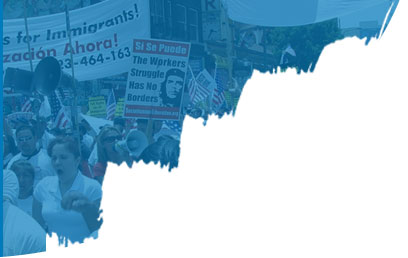
Educating Survivors
Human trafficking robs its victims of many things – from mental and physical freedom to self-esteem and the ability to form healthy relationships – all of which must be recovered (or discovered for the first time) as part of the healing process. For many survivors, however, education is another basic right that has been denied them, and the lack thereof remains one of the most significant barriers to building an empowered life.
An estimated 1.2 million children are trafficked each year – roughly 27% of the total number of victims around the globe. Time they should have been in school is instead spent earning money for their captors – be it through prostitution, drug dealing, theft or other kinds of forced labor. Those who are permitted to attend school are better off in the sense that they are more likely to be identified as victims by teachers and rescued, but not with regard to receiving an education. These kids are often exhausted, traumatized, and in a state of constant hypervigilance – looking for signs of impending physical abuse and perhaps torn between fears of drawing attention to themselves and going unnoticed. As a result, they often don’t have the bandwidth to absorb information, complete work in a timely fashion, and perform well on tests – all of which impact their chances of graduating high school, let alone being accepted to a college or training program that serves as a gateway to lucrative careers.
Once they are removed from the situation, survivors will have varying degrees of ground to cover in all aspects of reintegration into society, including education. For example, those who have been trafficked into the U.S. from other countries may need to learn English; those who have been taught blind obedience to their traffickers may for the first time be encouraged to cultivate and use the critical thinking skills necessary to thrive, both personally and professionally.
Educators must also understand that not everyone’s goals will be the same. For trafficked persons, everything, including their own future, is viewed through the lens of that situation, with the notions of happiness and self-actualization seeming like little more than a pipedream. In many cases, and depending upon the victim’s age, “education” may mean showing them the possibilities, then stepping back and supporting them from the sidelines.
The crushing of human potential is surely one of the most egregious aspects of trafficking, especially for children who have never even had the opportunity to experience and recognize what “normal” life looks like. Their greatest challenge will be learning to trust others and themselves as they learn how to navigate the world as free persons, with all the blessings and responsibilities that come with it. For the educators and advocates committed to helping them, there are often no set scripts, just the requirement that they honor survivors’ agency and ability to chart their own course – even if that means watching them make mistakes along the way.
